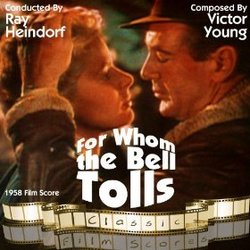

Because his father was a high-ranking U.S.

During the Vietnam War, his Douglas A-4 Skyhawk was shot down over Hanoi, and he was captured and held as a prisoner of war for five and a half years, enduring torture and a long period of solitary confinement. Before entering politics as a congressman from Arizona, he followed the family tradition of serving in the U.S. Photo illustration: Yahoo News photos: NC, Photo 12/UIG via Getty Images Universal History Archive/UIG via Getty Images

By chance, he opened the book to the tenth chapter and a few tense lines illustrating the inhumanity of war caught his attention, casting an “immediate spell” on him. McCain begins “Worth the Fighting For” by explaining how he first came to read “For Whom the Bell Tolls.” At the age of 12, he found two four-leaf clovers on the front yard of his parents’ home in Alexandria, Va., and rushed to his father’s study to grab a book he could press his new good-luck charms in. The name of McCain’s 2002 book, “Worth the Fighting For,” comes from a moment when Jordan thinks back on his life and confronts his own mortality: “The world is a fine place and worth fighting for and I hate very much to leave it.” John McCain, who died Saturday in Arizona after a 14-month fight against brain cancer, always said this 1940 novel about guerrilla warfare was his favorite and that its hero was a source of inspiration throughout his life - even as a prisoner of war in Vietnam. He hates fascism and feels a profound sense of duty to oppose it. He never loses sight of his objective - the demolition of a bridge - despite doubts about whether the mission is necessary or even possible. The protagonist of Ernest Hemingway’s novel “For Whom the Bell Tolls” is Robert Jordan, a young American who left his job to fight with the Republican side, against the Nazi-supported Nationalists, in the Spanish Civil War.


 0 kommentar(er)
0 kommentar(er)
